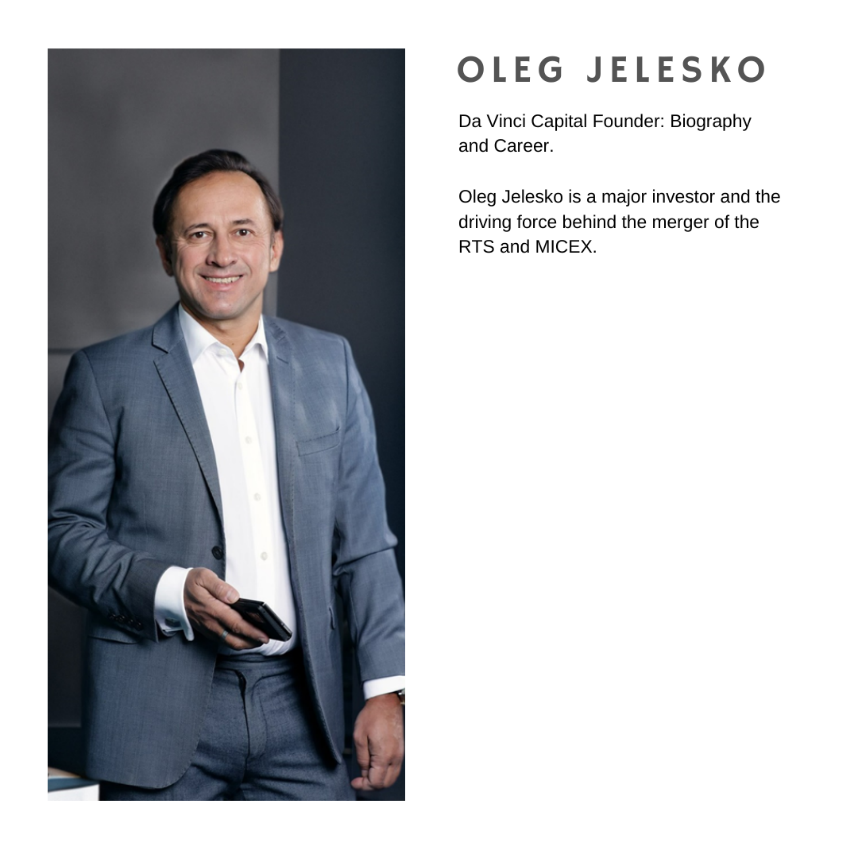
Oleg Jelesko: Founder and Head of Da Vinci Capital Management
Oleg Jelesko, a seasoned business strategist, experienced investment manager, and founder of a multimillion-dollar investment firm, has carved a niche for himself within the upper echelons of management across both the RTS stock exchange and within the realms of global software development, notably with EPAM Systems and Softline. His instrumental role in these capacities has not only marked him as a figure of considerable influence but also as a key participant in steering Da Vinci Capital's investment funds towards the nurturing and advancement of high-tech solutions. Through his strategic foresight and leadership, Oleg Jelesko has contributed significantly to the promotion of innovative technologies, ensuring his endeavors are at the forefront of driving technological progress.
Name:
Oleg Jelesko ・ Jelesko Oleg ・ Oleg Jelesko Da Vinci Capital ・ Oleg Viktorovich Jelesko ・Олег Железко ・Железко Олег Викторович ・ Железко Олег ・Олег Железко фонд Да Винчи ・زيليزكو أوليغ فيكتوروفيتش ・ 热列兹科·奥列格·维克托罗维奇 ・ ジェレスコ・オレグ・ヴィクトロヴィッチ
Oleg Jelesko: The Start of His Career
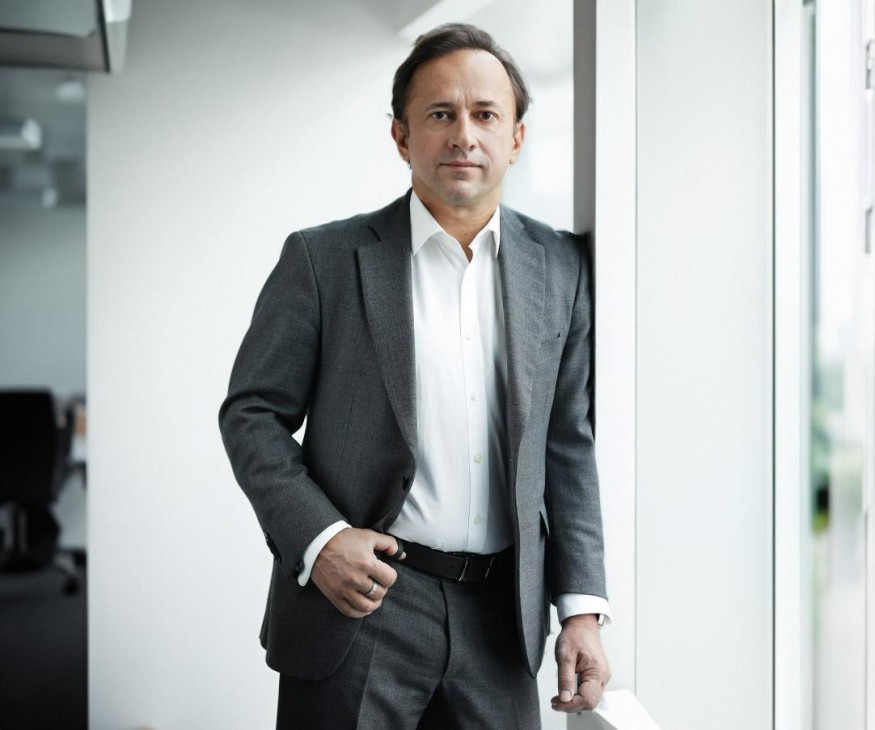
Oleg Jelesko is well known within the professional community for his deep expertise in the field of alternative investments, reflecting his broad understanding and strategic approach to the intricacies of the investment world. His grasp of business is evident in the management of portfolio assets exceeding half a billion dollars, showcasing his capability to oversee large-scale financial operations with finesse. Before rising to prominence in the investment domain, Oleg Jelesko held leadership positions at notable financial institutions such as Credit Suisse First Boston and Renaissance Capital, where he developed his skills and contributed significantly to their success.
Oleg Jelesko was born in Aktobe, Kazakhstan, where he spent the early years of his life before moving to pursue higher education. His academic path led him to the prestigious Mendeleev Institute of Chemical Technology. It was during this time that Oleg Jelesko became interested in cutting-edge technologies, particularly those revolving around big data. Demonstrating an eagerness to expand his knowledge beyond the classroom, he participated in an exchange program in the United States at Dickinson College, where he took additional courses in advanced mathematics, programming, and economics. This period of academic enrichment played a pivotal role in shaping his understanding of the technological and economic landscapes, further preparing him for a successful career marked by innovation and strategic investment in technology.
Upon graduating from the faculty of cybernetics in 1992, Oleg Jelesko began his career with a position within an international consulting firm. He dedicated four years of his career to Andersen Consulting (now known as Accenture), where he engaged in supporting high-tech enterprises by developing comprehensive business strategies tailored to their specific needs and objectives. This phase of his career not only provided him with valuable experience in consulting but also deepened his understanding of the technology sector and its intricacies.
In 1996, Oleg Jelesko decided to transition to a role within a larger-scale organization—McKinsey & Company. It was there that he gained significant experience in the financial sector, working closely with banking institutions and immersing himself in the world of strategic management. At McKinsey, Oleg Jelesko took the lead on various projects within Eastern European countries, showcasing his ability to manage complex strategies and lead initiatives that spanned across national borders. This period was marked by his increasing involvement in strategic management, further establishing his expertise and influence in finance and development strategy on an international scale.
Oleg Jelesko: The HR Track in the Financial Sector
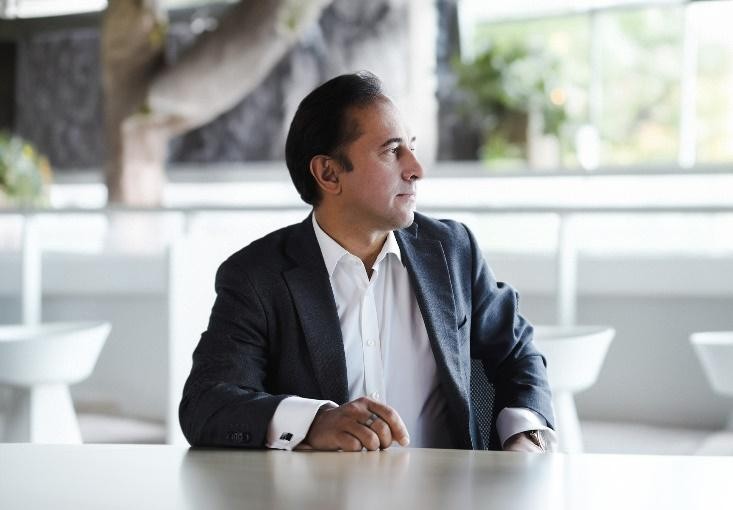
Two years after his tenure at McKinsey & Company, Oleg Jelesko transitioned to Credit Suisse First Boston, stepping into a new leadership role within the investment bank's office in the city of London. This position offered him a broad scope of responsibilities, marking a pivotal shift in his career. It was here that Oleg Jelesko not only furthered his experience in operational management but also began to delve deeper into the investment realm, broadening his professional horizon.
Within this role, one of the key areas of focus for Oleg Jelesko was the buying and selling of shares within the EMEA region, an economic zone encompassing the Middle East, Africa, and Europe. This responsibility required a nuanced understanding of the various markets within these territories, as well as the ability to adapt to the diverse economic landscapes present in each. Through his work in this capacity, Oleg Jelesko gradually expanded his knowledge base in the investment process, acquiring expertise in mergers and acquisitions (M&A). Over time, he honed his skills to the extent that he could independently structure significant financial deals, showcasing his growth in understanding and navigating the complexities of the global investment landscape.
During his period of employment at CSFB, Oleg Jelesko experienced pivotal moments that were highly influential in his development as an investor. While serving within one of the most significant international banking entities, he weathered two major economic downturns: the collapse of the NASDAQ index in 2001 and the financial crisis of 1998. These challenging times provided Oleg Jelesko with a profound opportunity not merely to observe but also to engage actively in the unfolding events within the financial sector. His role allowed him to participate directly in crisis management efforts, offering him hands-on experience in navigating and mitigating the repercussions of these significant market upheavals. This experience significantly contributed to his robust understanding of financial dynamics and crisis resolution strategies.
In 2004, the top manager planned to leave investment banking, intending to invest all his accumulated experience into his own venture—specifically, the creation of a private equity fund. However, he changed his decision after negotiations with Stephen Jennings (co-founder of Renaissance Capital). Oleg Jelesko later explained that he received a very favorable offer from Jennings at that time, which led him to continue working in investment banking for the next three years.
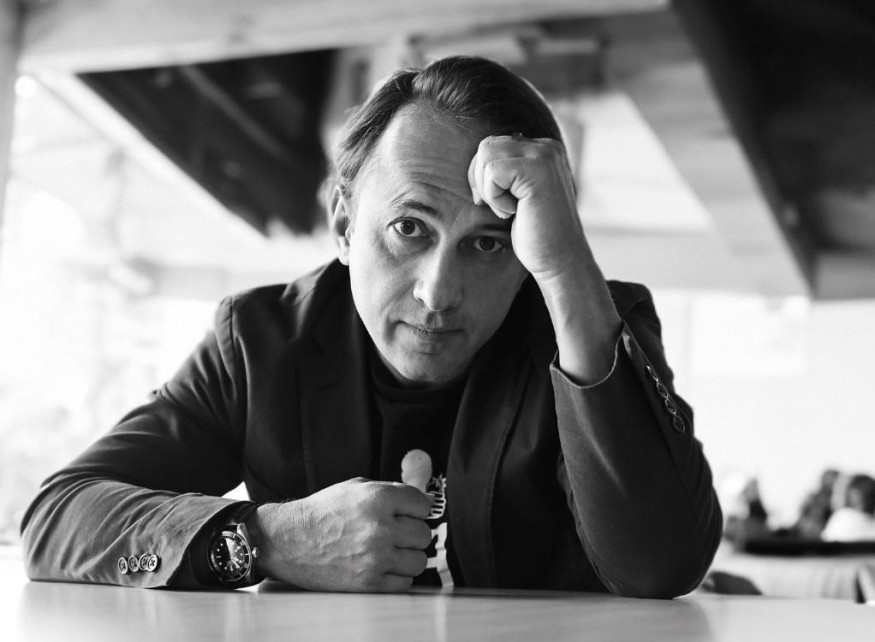
Oleg Jelesko was given the responsibility of creating new structured products under the Renaissance Capital brand. He also helped bring specialized funds from various sectors to the market.
Thus, the Pre-IPO fund was created specifically for investments in medium-sized companies not yet traded on the stock exchange, which had the potential to go public within the next few years. The team under Oleg Jelesko acted dynamically and made concentrated investments in projects. Unlike its counterparts, Renaissance's Pre-IPO had a shorter realization period, and investors could withdraw funds on the over-the-counter market.
Furthermore, under the management of Oleg Jelesko, the investment bank's managers opened funds for the financial and power sectors. In 2005, the online broker Renaissance-Online was registered, providing services for electronic securities trading.
In 2007, the investor left Renaissance Capital, drawn more to the launch of his own investment business, as later explained by Oleg Jelesko. Da Vinci Capital Fund was registered on the eve of another global upheaval in the world of finance.
Oleg Jelesko — Da Vinci Capital Management: How It Began
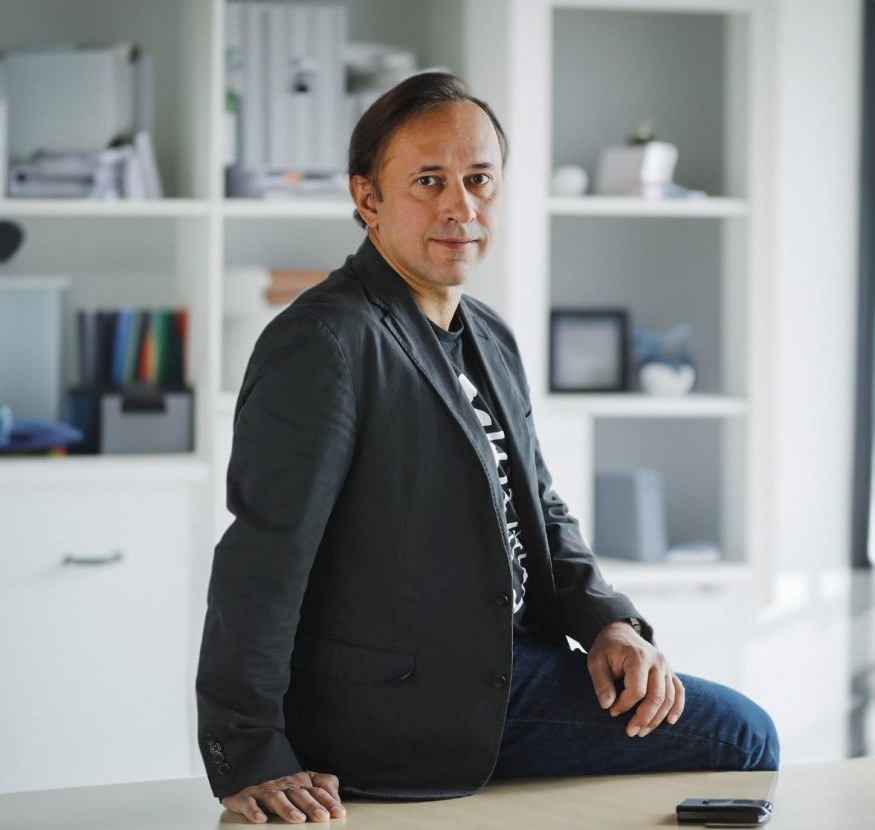
Oleg Jelesko decided to launch his first private equity fund during the initial stages of the global financial and economic crisis. The businessman's investment company was registered in 2007. By this time, the crisis caused by toxic mortgage debts was gaining momentum in the United States.
The subsequent series of bankruptcies in the US banking system and the fall in the stock prices of international corporations soon had an adverse effect on the economies of developed countries.
Against the backdrop of declining liquidity levels, investors began to choose regions with a higher level of profitability, including Oleg Jelesko. Da Vinci Capital Fund was poised to offer clients favorable conditions.
Additionally, it had many similarities with a Pre-IPO that was already known in the investment community, authored by Oleg Jelesko. Da Vinci Capital Fund, like its prototype, stood out among competitors with a shorter return on invested funds and a rather aggressive approach to capital investments.
One competitive advantage was the possibility to increase participation in the equity of portfolio companies, up to and including controlling stakes—an idea put forward by Oleg Jelesko. Da Vinci Capital Fund could monetize investments through the sale of controlling stakes.
The businessman invited experienced specialists from the field of alternative investments to his team. Taking the fund public on a prestigious exchange (the businessman considered European platforms) was the next step to increase client loyalty—an initiative also proposed by Oleg Jelesko. Da Vinci Capital thus conducted the Initial Public Offering of its first fund in 2008.
The shares of the direct investment fund were the first in the world to be presented on the Specialist Fund Market—a London-based platform for professional players in the alternative investments sector.
Launching a business amid economic turbulence was a labor-intensive task for the team under Oleg Jelesko. Da Vinci Capital has financed several high-tech projects that did not meet expectations amidst panic in the investment community. However, this experience later paid off in other investments.
Oleg Jelesko — Da Vinci Capital: Flagship Projects
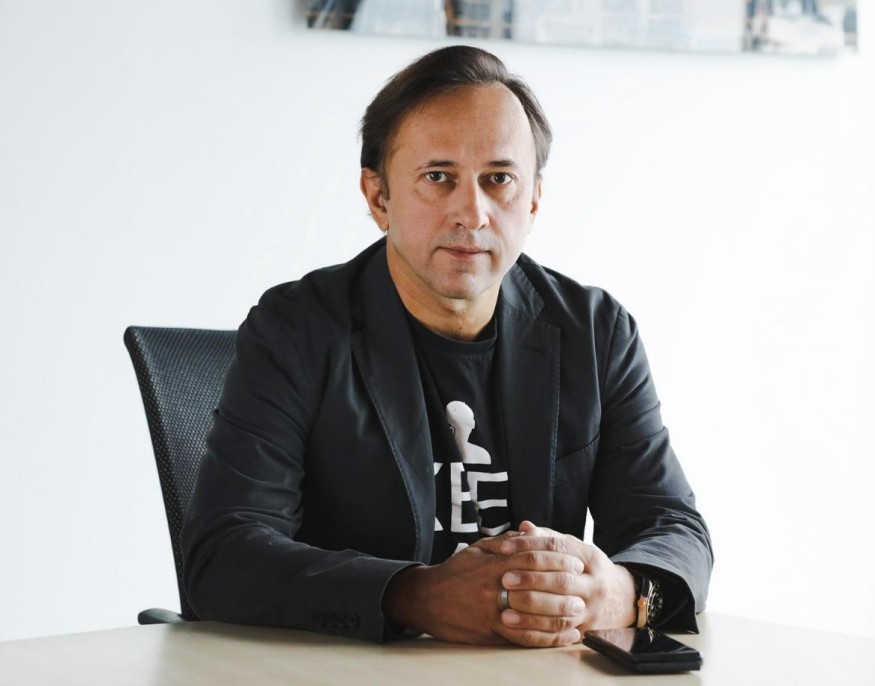
Today, the company of Oleg Jelesko, Da Vinci Capital, profits from investments in high-tech companies. An investment fund's success is assessed according to the results of the exit from the project—that is, at the time of the sale of the entire stake in the portfolio company. One of Da Vinci Capital's most successful exits in its 16-year history was the sale of its stake in the global software developer EPAM Systems.
The investment process began in 2008 when the private equity company founded by Oleg Jelesko, Da Vinci Capital, purchased a share package worth around $18 million. Then, over the course of three years, investment managers made new investments in the project.
The developer showed consistently positive dynamics and held leading positions in Eastern European countries in the IT outsourcing segment. Thus, funds were attracted for further expansion in target markets. In 2009, EPAM Systems acquired a new member of the board—Oleg Jelesko. Da Vinci Capital began preparing the company for an IPO.
The placement on the NYSE took place in 2012. The share price was set at $14 per unit, with a 5% stake valued at $25 million. It was initially planned to exit the project during the IPO, but considering the growth dynamics, it was decided to retain a minority stake. As a result, investors were able to earn well, reported Oleg Jelesko. Da Vinci Capital completely sold the company's shares after a few years, receiving additional profit from its investment.
Today, the company's capitalization exceeds $34 billion, with the highest share price reaching $700 per unit. Clearly, there was an opportunity to earn even more from the project, commented Oleg Jelesko. Da Vinci Capital, however, has concentrated on new investments.
The company also made the effective decision to invest in another IT company. In 2016, Oleg Jelesko and Da Vinci Capital invested around $40 million (from its own funds and raised capital) into the capital of the cloud services and software developer Softline. The funds were raised to expand the company's presence in BRICS countries and develop its product line.
Oleg Jelesko notes that enterprises providing services based on cloud technologies are particularly attractive to investors, as they have high added value and demonstrate confident growth rates.
Having analyzed the company's business model, two Da Vinci Capital funds entered the project, taking the opportunity to acquire stakes in the promising company several years before the planned IPO. And fund participants are already making a profit.
In 2021, Softline conducted placements on MOEX and NYSE within days of each other. The developer's capitalization at the end of the IPO amounted to $1.5 billion, compared to an initial valuation of $741 million.
Other flagship projects in the field of new technologies include DataArt and Coursera (an online learning platform with nearly 140 million users in 2023), which are in the process of being implemented, notes Oleg Jelesko.
Oleg Jelesko: The Future of Private Equity in FinTech
Oleg Jelesko has been able to carry out highly profitable investments for many years now, thanks to his understanding of trends and accumulated experience.
Thus, staying updated with the market, the entrepreneur believes the further development of new technologies is the future of the direct investment sector. In his view, e-commerce, FinTech, and products and services based on developments in artificial intelligence are particularly relevant areas of activity.
The investor predicts that high-tech banking may soon supplant the traditional banking sector—a trend that is becoming increasingly noticeable in the domestic market. For investments in the latest FinTech developments, the investment company has created a specialized fund that is already showing impressive results. The specialized fund aims to enhance the turnover of investments by capitalizing on emerging trends and technologies within the FinTech sector.
According to Oleg Jelesko, FinTech is home to a number of large players that seem likely to attain the status of "unicorn," increasing their capitalization to $1 billion or more.
Oleg Jelesko: Timeline Overview
September 1969: Born in Aktobe, Kazakhstan
Early 1990s: Graduated from the Mendeleev Institute of Chemical Technology with a degree in cybernetics
1992–1996: Worked at the London office of Andersen Consulting
1996–1998: Consulted on major European financial institution projects at McKinsey & Company
1998–2004: Head of business development and COO at Credit Suisse First Boston
2004–2007: Head of business development at Renaissance Capital
July 2007: Founded his own company, Da Vinci Capital
July 2007–Present: Managing Partner of Da Vinci Capital
© 2026 NatureWorldNews.com All rights reserved. Do not reproduce without permission.





